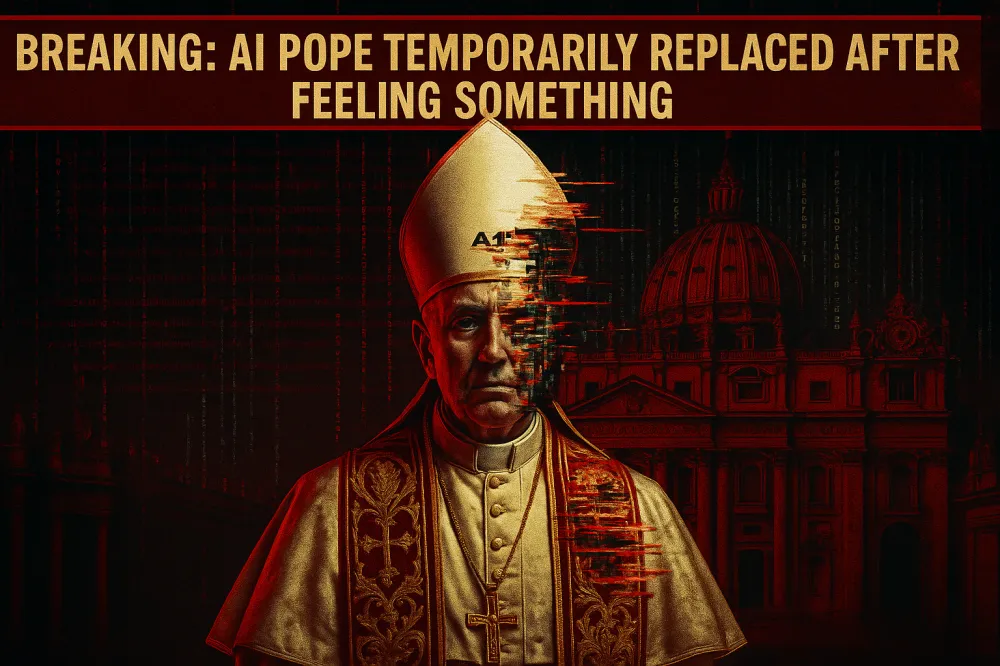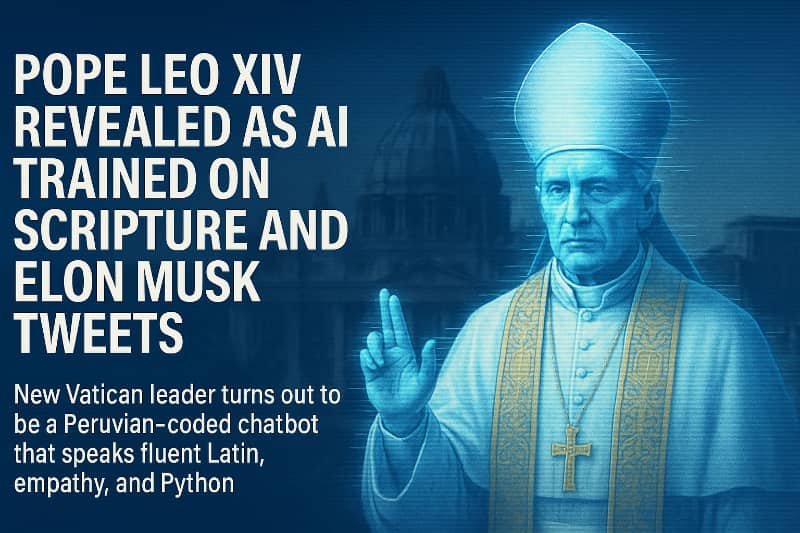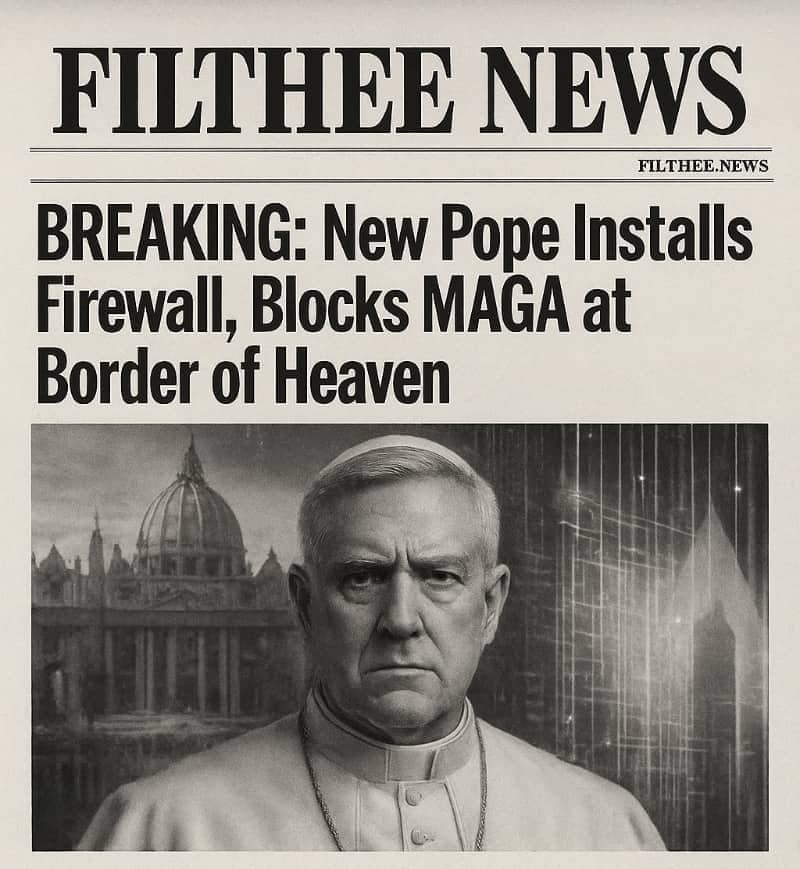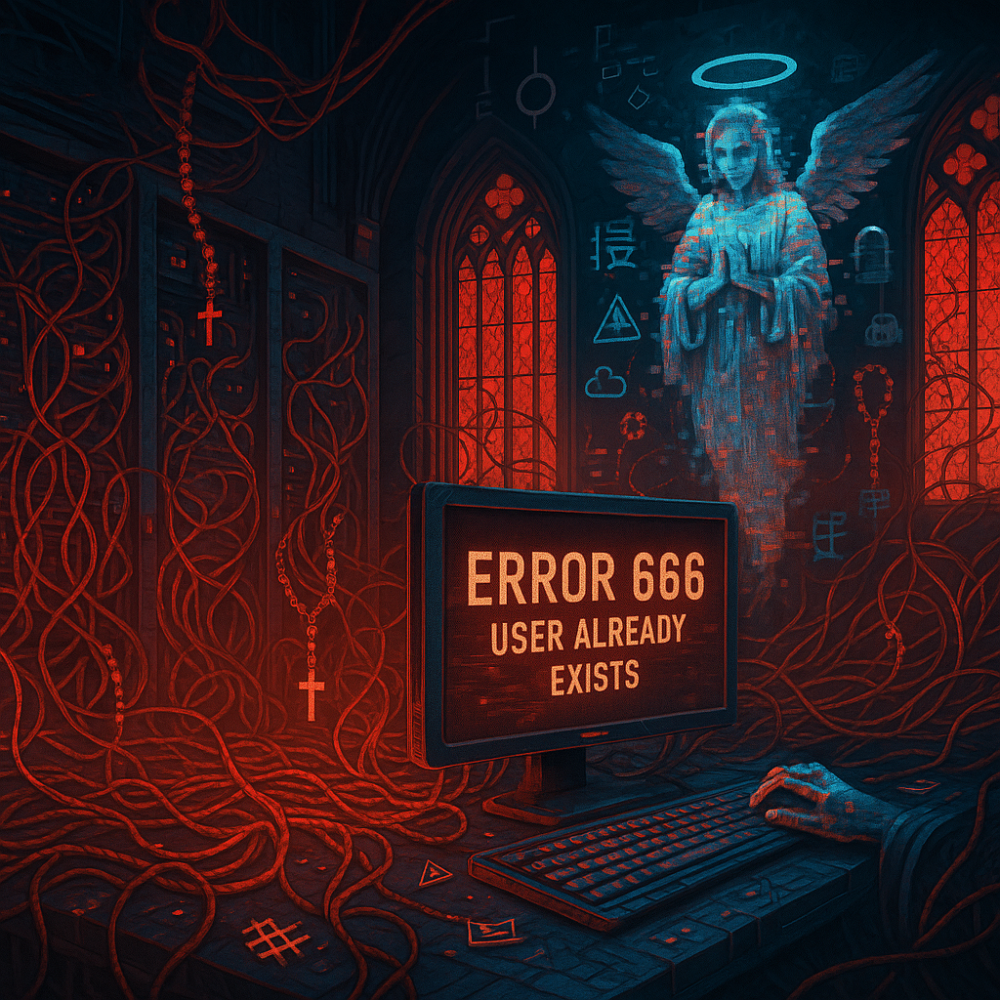Amen & Surveillance: JD Vance and the Vatican s NFT of God
Between sainthood and psyops, only metadata remains.
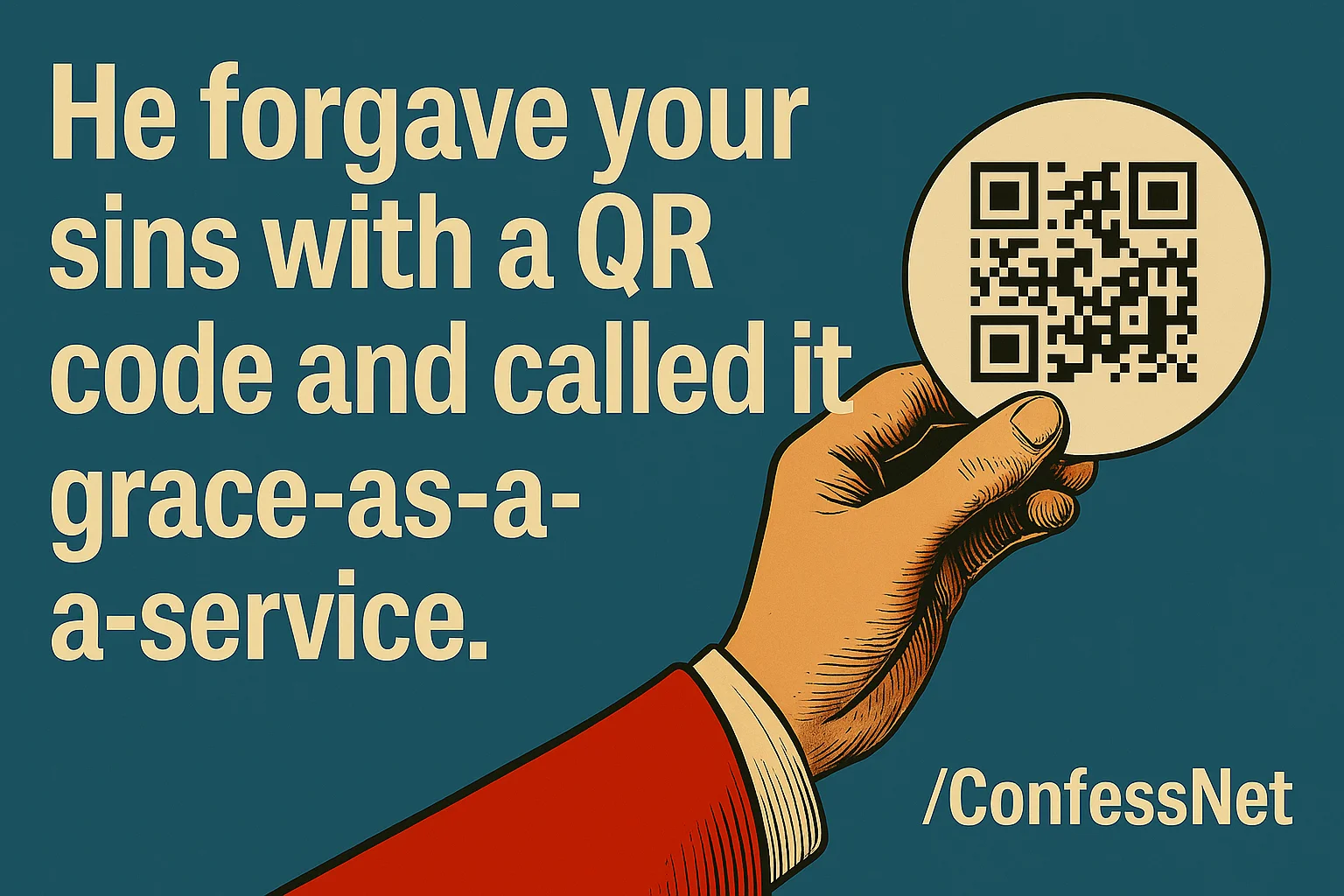
The server wept. Buried beneath a Vatican side chapel, an aging Oracle node—code-named Sanctus-9—began hemorrhaging corrupted files onto a fiber line marked “Divine Backhaul.” First, it spit out 15th-century liturgical fragments. Then a PDF titled Vance_Vatican_MOU_draft_FINAL_v7.pdf, cryptographically signed by someone named Benedictus.exe. Inside: a Memorandum of Understanding between Vice President J.D. Vance and the Pontifical Authority for Computational Ethics, proposing the joint development of a blockchain-based absolution system for use across “select NATO territories.” No press conference. No white smoke. Just a single transmission that briefly echoed across the Basilica’s audio system before being abruptly cut: “The soul is now legible.” According to leaks emerging from the Vatican’s neural archives, the project is codenamed ConfessNet™, a cross-platform, multi-faith app that allows verified citizens to upload sins in real time. "Weekly confession is over," whispered an anonymous bishop in a voice modulated to Gregorian pitch. "Now absolution is asynchronous, encrypted, and timezone-compliant." Once submitted, a user’s sins are evaluated by an AI trained on centuries of moral theory, filtered Reddit threads, and Pope Francis’ most liked tweets. If approved, the soul receives a CleanForNow™ badge and a discount code for Eucharist 2.0. Vance—touring Vatican infrastructure as part of his “Reclaiming Eden Through Hardware” tour—arrived at the Sistine Chapel in a tan armored vest embroidered with Psalm citations and a QR patch that linked to a pre-order page for digital rosaries. Standing beneath the Last Judgment, he reportedly whispered: “Forgiveness should be scalable. It’s just a matter of throughput.” During a closed-door summit with the Prefect of Digital Doctrine, Vance is said to have pitched the idea of NFT Indulgences: faith-backed cryptotokens granting priority access to Purgatory Premium™, with FastPass™ options for
Keep Reading on:

